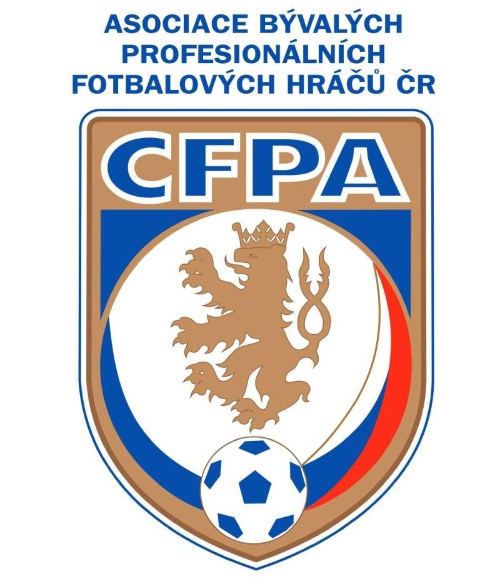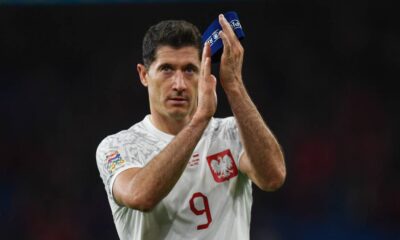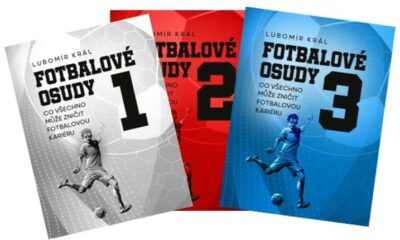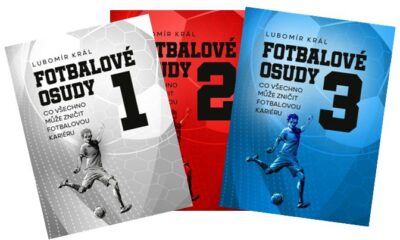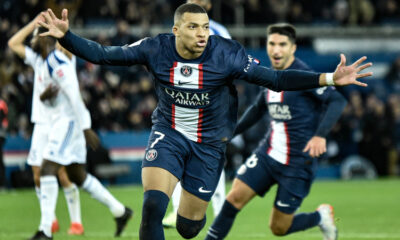Football
A window into the past: the Czech Golden Ball has discovered football Indonesia in the past
Czech national players Ondřej Kúdela and Michael Krmenčík will play in far away Indonesia, a country that is exotic and rather unexplored in terms of football for Czech citizens. Literally, the Czech pioneers, who explored unknown lands in terms of football and humanity, were Josef Masopust, Golden Ball of Europe 1962, and his assistant Milan Bokša in 1989-1991.
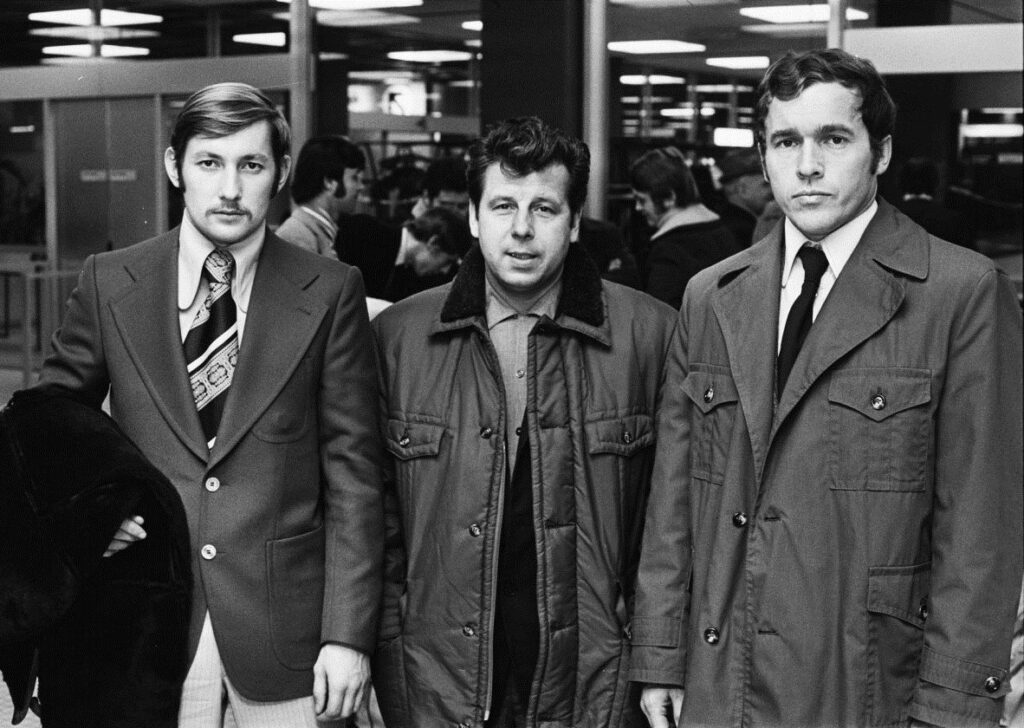
Czech national players Ondřej Kúdela and Michael Krmenčík will play in far away Indonesia, a country that is exotic and rather unexplored in terms of football for Czech citizens. Literally Czech pioneers, who explored unknown lands both in terms of football and humanity, were Josef Masopust, Golden Ball of Europe 1962, and his assistant Milan Bokša in 1989-1991. They were in charge of the preparation of the Olympic team of the island country.
Their families accompanied them on the long haul, so they first researched the conditions they would be arriving in. “It was an absolutely unknown area for us at that time, we were very worried about it,” Bokša admits. “Josef took the opportunity to come and have a look first,” the 1962 World Vice-Champion set out to scout first.
He returned reassured, all fears dispelled. “He said that the security for our activities, especially the accommodation for the family, would be fine, in fact very much above standard compared to what we were used to when we accepted some engagements away from home,” Bokša recalls. “The medical services, the school for the children, the housing, the hospital, everything was second to none,” he acknowledged the hosts’ care.
They didn’t go on a tourist trip, they came to work – to prepare the Olympic team. For that they needed proper provision. “The quality of the surfaces was poor, as a player I wouldn’t want to play on such terrains, and the training facilities were inadequate,” Bokša recalls.
He admits, however, that a lot has changed in Indonesia in thirty years. “My wife was in Indonesia twelve years ago, and she didn’t even recognise some of the places we were in,” he points out.
They found that local fans love football immensely. “I was surprised by their devotion,” Bokša admits. “Even though it’s a poorer country by world standards, they went to the football. Twenty thousand spectators per game was not unusual. I don’t know how much the entrance fee was, given their cost of living, but it had to be low for them to afford it. They didn’t have any great amenities in the stadiums, the stands were mostly for standing, but they liked football,” he points out.
And they weren’t demanding. “They had an undisguised joy in every event that went well,” Bokša recalls. “They reminded me of little kids. Like when Sparta against Glasgow Rangers only allowed youngsters into the stadium, that was the atmosphere,” he says. “They were excited, they clapped, they chanted. They were having fun. No violence, it was fun for them,” he adds.
However, the tropical weather conditions are quite uncomfortable for players from the temperate Central European zone. “But the huge advantage is that the temperature is between 30 and 30 degrees all year round. All you need is a T-shirt and shorts, that’s all you need,” Bokša experienced first-hand.
“But even in Indonesia it is advisable to train early in the morning or towards the evening when the sun sets. Czech footballers are not used to that either. We left for training at five o’clock in the morning. In addition, heavy rains, which can also affect the preparation,” he recommends.
Ondřej Kúdela and Michael Krmenčík are the first Czech players to experience Indonesia’s top competition at Persija Jakarta, the largest club on Java.


